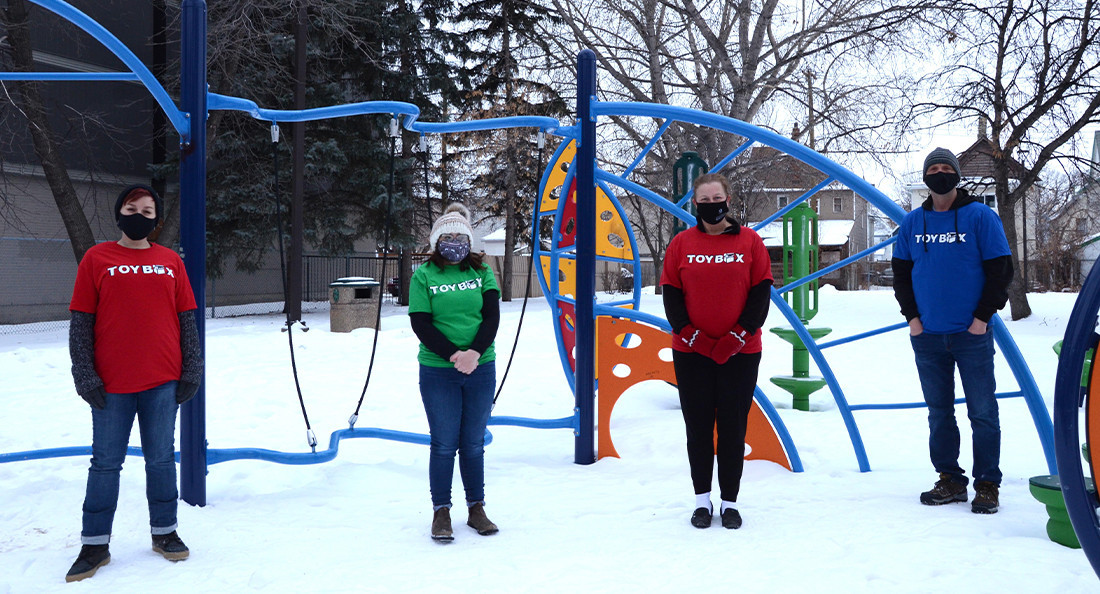Digital education during a pandemic
U of W groups present innovative solutions
Since last March, one of the biggest side effects of the COVID-19 pandemic has been its impact on education and children. Students have had to deal with online learning, hybrid arrangements and, often, a decrease in the scope of the material taught.
Many organizations have emerged, however, with projects aimed at supporting students, teachers and parents. Two such ventures have originated from the University of Winnipeg (U of W).
ToyBox, a project created by U of W professor Sheri-Lynn Skwarchuk, is an “educational tool, which is designed to improve children’s numeracy, literacy and wellness,” according to a press release.
Skwarchuk says the project started in 2018 when there was “an innovation call to improve math and literacy in our province.”
“People were very worried about the low scores that were coming out of Manitoba,” she says.
Essentially, ToyBox emails weekly literacy, numeracy and wellness activities to families. Skwarchuk says the target age is two to eight years old.
“Everything is evidence-based,” she says.
Though this started off as a project with the goal of helping parents, it has evolved into something that can also be used by other caregivers, early-childhood educators and teachers, Skwarchuk says.
There are two primary ways to participate.
“People can either participate in the study and be a ToyBox tester, or they can just receive the strategies,” she says.
Recently, ToyBox received provincial funding to undergo a second round of testing.
“We’re aiming for 800 families, and we want to keep having as many people sign up as possible,” Skwarchuk says.
Another innovative project stemming from the U of W comes from Gallery 1C03, the university’s art gallery. Their recently launched digital education program is based on the Sovereign Intimacies exhibition, which was displayed from September to December 2020.
Jennifer Gibson, director of Gallery 1C03, says this is the first time they have developed a digital education program.
“We spent the fall term working it out, and we were super pleased to be able to launch it (in early 2021),” she says.
This program is geared toward classroom teachers. The package includes detailed lesson plans, a slideshow of artwork, a document explaining the artwork with descriptions, an essay by the exhibit curators and more.
“We’re talking about artists that are First Nations, Inuit and Metis, collaborating with artists living in what is currently called Canada, who came to this land and are not part of the settler-colonial history,” Gibson says.
There are targeted lesson plans for early years (Grades 1 to 4) and middle to senior years (Grades 4 to 12).
Both Skwarchuk and Gibson strongly urge interested parents, teachers and other parties to reach out.
For more information on the ToyBox project or to sign up, email [email protected].
For more information on Gallery 1C03’s digital education program or obtain the materials, visit uwinnipeg.ca/art-gallery/education-outreach.html.
Published in Volume 75, Number 17 of The Uniter (February 4, 2021)







